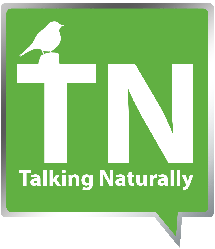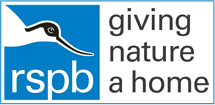Coquet Island reaches famous milestone for UK’s rarest breeding seabird
Number of Roseate Terns breeding on Coquet Island reaches three figures

The UK’s rarest breeding seabird, the Roseate Tern, is enjoying a bumper breeding season on RSPB Coquet Island with a hundred pairs currently nesting at the Northumberland site. This is up from 24 pairs on the island in 1999.
It is a success story that can be attributed to a programme of ongoing conservation work over the past 15 years on the island, aimed at reversing the fortunes of the red-listed threatened species [note].
Roseate Terns have never been very common and have suffered global declines since the 20th century. RSPB Coquet Island, situated off the Northumberland coast, is the bird’s only regular UK breeding colony. Occasional pairs of Roseate Terns nest at a handful of other UK sites.
The RSPB began successfully managing the island for Roseate Tern conservation in the Year 2000 with the introduction of nest boxes on specially-created shingle terraces.
Paul Morrison, warden at RSPB Coquet Island, said: “The whole project kicked off when I visited Rockabill in Southern Ireland, which is home to Europe’s largest Roseate Tern colony. I noticed they used boxes there so I brought the idea back to Coquet Island. Roseate Terns like to nest in tight communities in sheltered locations so the boxes on terraces are perfect for them.”

The nest boxes had an immediate effect with the number of pairs breeding on the island rising from 24 in 1999 to 34 the following year. Since then, the RSPB on Coquet Island has continued to turn around the fortunes of Roseate Serns at the bird’s UK stronghold.
Paul continued: “In addition to the nest boxes, we protect the birds from illegal disturbance and egg theft with a 24/7 surveillance scheme staffed by a team of dedicated RSPB staff and volunteers. We also follow strict procedures to ensure that no predatory mammals, like rats, are accidentally introduced to the island.
“We are delighted that we’ve reached the landmark of a 100 pairs and are hoping that we might have even more birds breeding on the island before the season is out. If Roseate Terns continue to increase on Coquet Island over the next few years, we could eventually see them colonising other sites around the Northumberland coast.”
Coquet Island is designated as a Special Protection Area under the European Union’s Birds Directive, for its internationally-important populations of seabirds, including the Roseate Tern, which receives the highest level of protection under the directive, along with other threatened species. Special Protection Areas and the Birds Directive in general have been vital to the conservation of the Roseate Tern and other key species in the UK. However, the European Union is consulting on the future of the Birds Directive (and its sibling, the Habitats Directives). The RSPB fears this may lead to a weakening of the directives, with potentially disastrous consequences for many threatened species.
The RSPB is working in partnership with a range of organisations across Europe and across the UK which are encouraging people to take part in a European Commission-led consultation on the Birds and Habitats Directives. For more information, click on the link https://www.rspb.org.uk/defendnature
RSPB
03 July 2015






